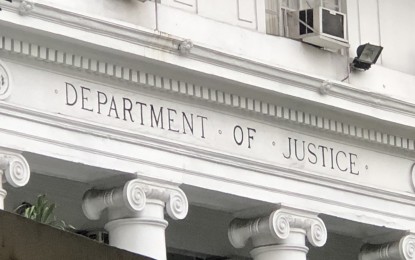The Philippines Department of Justice has formally warned the government of Timor-Leste about threats posed by offshore gaming operators amid reports that the Southeast Asian nation could become a preferred destination of former POGOs.
In an announcement, the DOJ confirmed discussions had taken place about the POGO issue during a recent visit by Secretary of Justice Jesus Crispin Boying Remulla and other key DOJ officials to Timor-Leste, with Secretary Remulla conveyed an official message from President Ferdinand Marcos Jr to Timor-Leste President José Ramos-Horta.
According to information from the DOJ, the delegation informed the Timor-Leste government that President Marcos had officially banned the operations of POGOs in the Philippines but noted reports indicating Timor-Leste as one of the possible destinations where POGO operations could transfer.
“Given the shared Catholic heritage and values of both the Philippines and Timor-Leste, the Philippine government deemed it essential to inform Timor-Leste of the potential socio-economic and security challenges posed by allowing POGOs to operate within its borders,” the agency said.
“Secretary Remulla took the opportunity to detail the difficulties encountered by the Philippines during the tenure of POGO operations, including issues related to crime, regulatory evasion, and potential threats to public safety.
“These factors ultimately led to the decision to cease their operations in the country. The visit served as an important channel to encourage Timor-Leste to critically examine the broader implications of welcoming POGOs and how these activities might affect its domestic affairs.”
As reported by IAG, around 3,000 POGO workers are said to have already left the Philippines, and almost 6,000 having had their visas downgraded, after President Marcos announced the ban on Internet Gaming Licensees (IGLs) – more popularly known as POGOs (Philippine Offshore Gaming Operators) – during his State of the Nation Address in July, promising to shut down all existing operations by 1 January 2025.


































